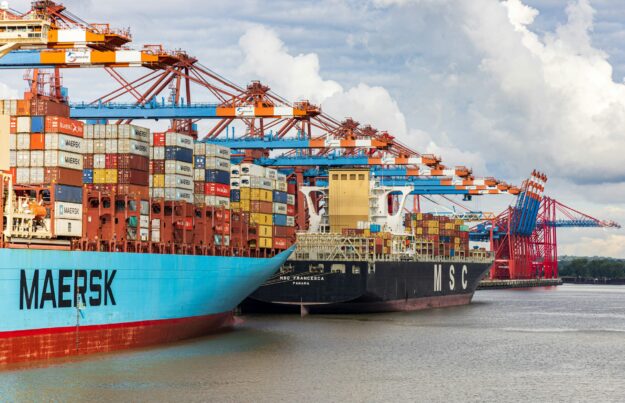UK Businesses Eager to Join Beijing Supply Chain Expo
The upcoming supply chain expo in Beijing this November is generating significant interest among UK businesses, despite ongoing disruptions in global supply chains due to regional conflicts and geopolitical tensions. At a promotional roadshow in London on Friday, business leaders from various sectors expressed their enthusiasm for participating in the second edition of the China…
Details









